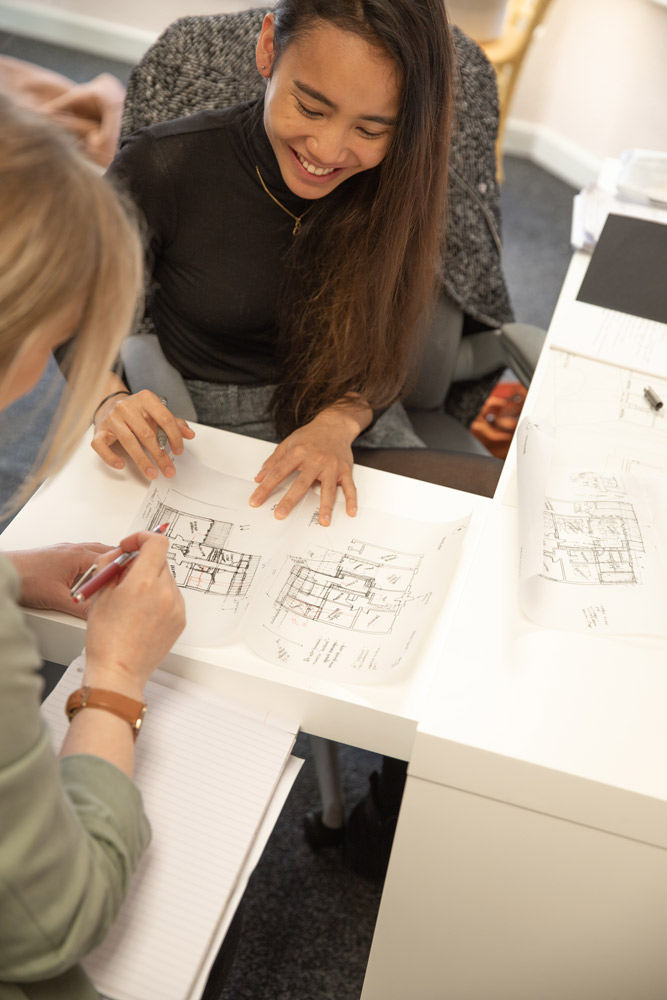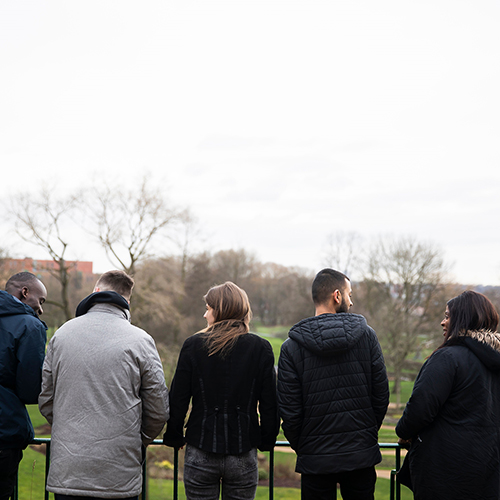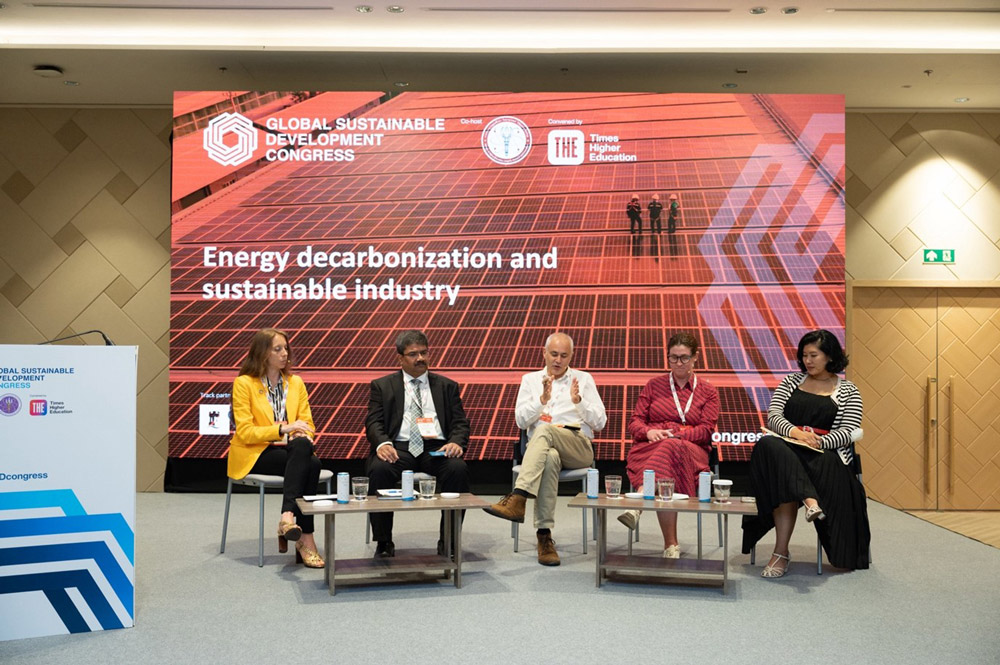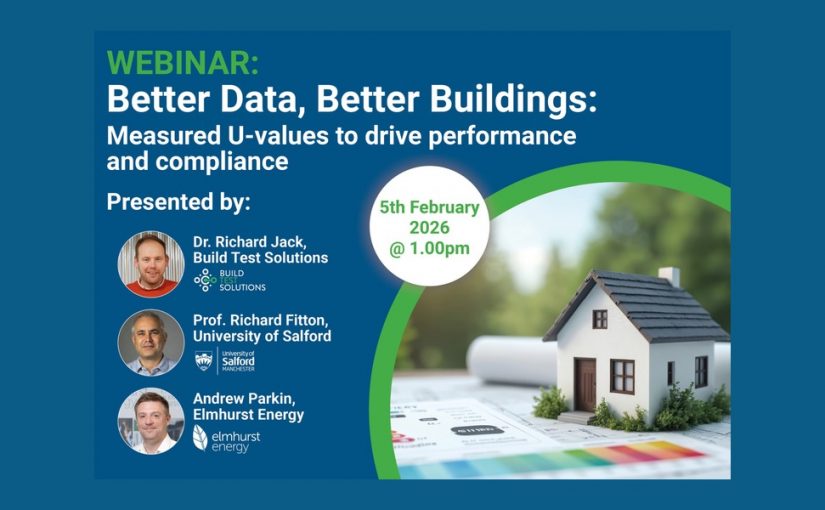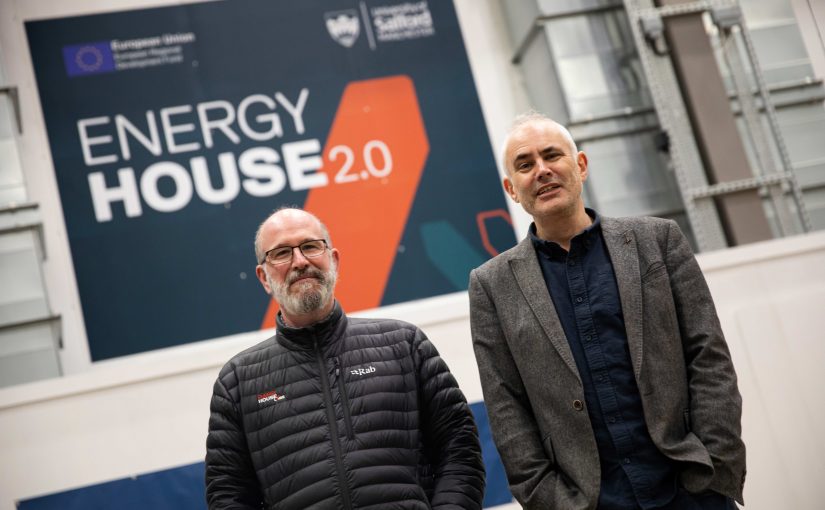Energy House Labs
At Energy House Labs, we are dedicated to advancing the understanding of building energy performance. Our award-winning facilities include Energy House 1, Energy House 2.0, the Smart Meters>Smart Homes Lab, the Salford Smart Home, and our UKAS accredited Thermal Measurement Laboratory (UKAS Testing Laboratory No. 1660).
Labs
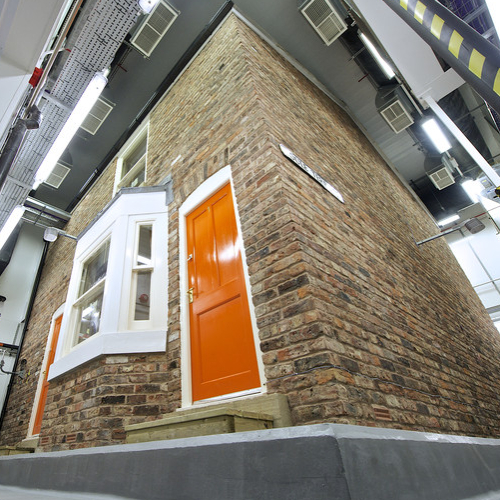
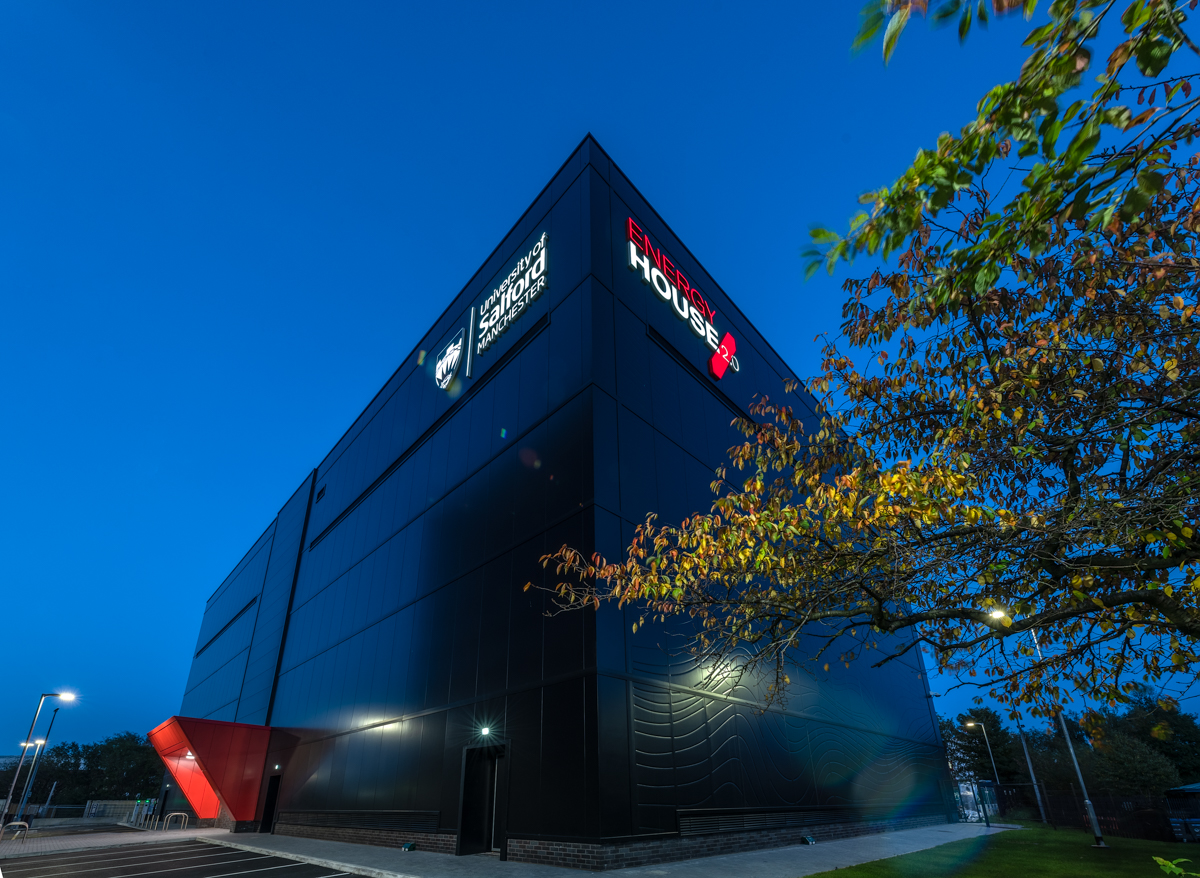
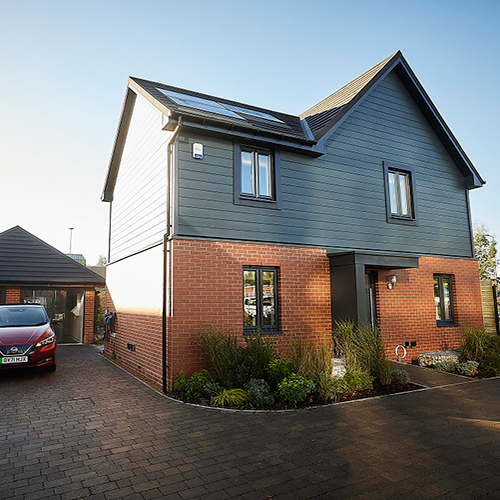

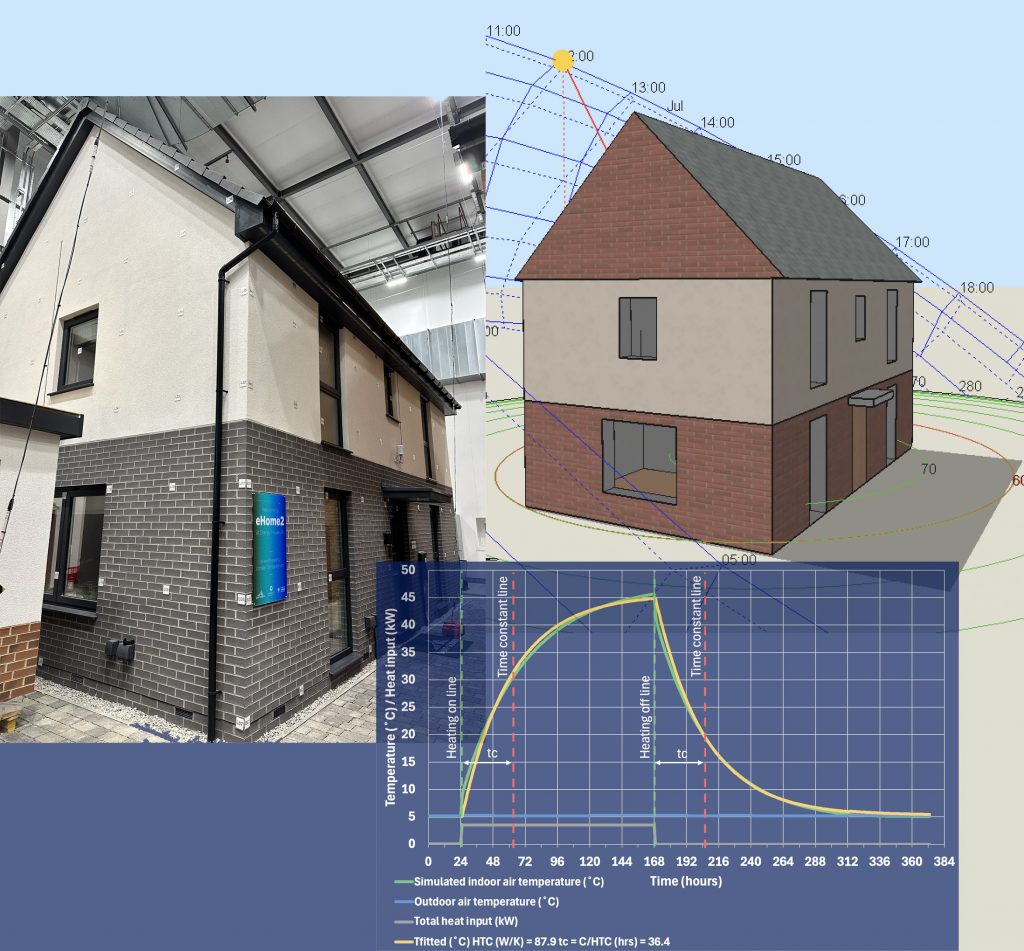
Our team of 22 experts specialise in building physics, building performance, systems, digital technologies, and modelling, supported by our Modelling Lab. We focus on discovering what truly works in building energy performance. We recognize the importance of providing valuable insights to policy makers, and industry leaders about the impact of our homes’ energy efficiency.
We undertake fieldwork, support industry standards, and offer consumer advice through various media channels. Our industry-focused approach allows us to collaborate with a wide range of businesses, policy makers, and charities, contributing to the growing evidence base for domestic energy performance.
